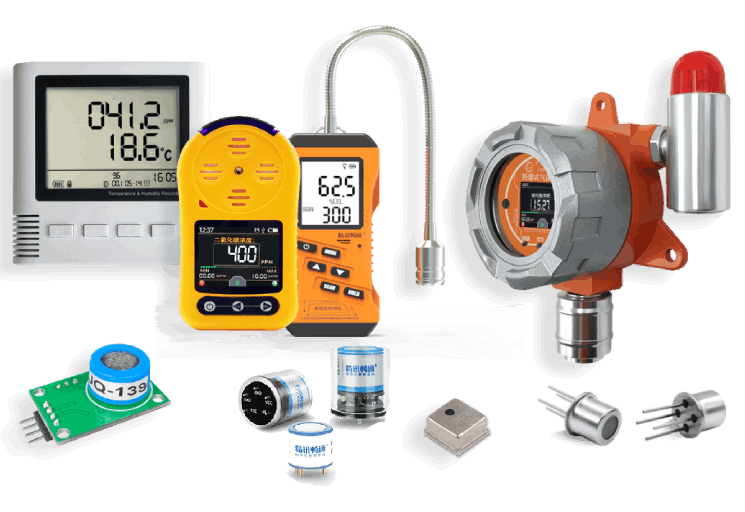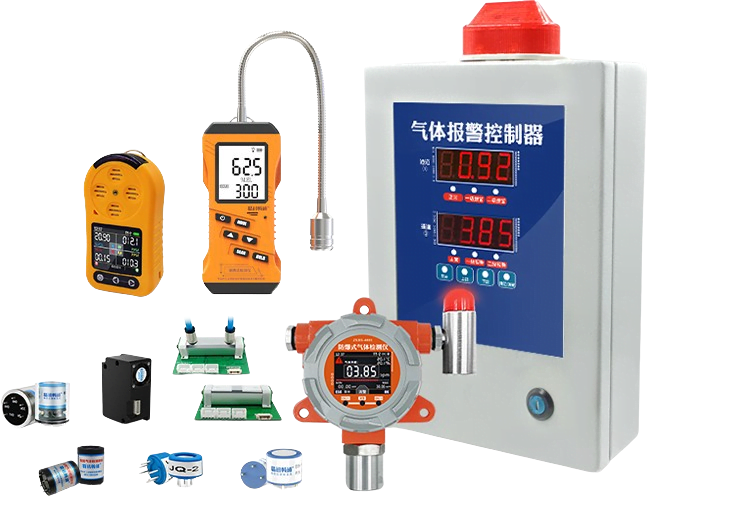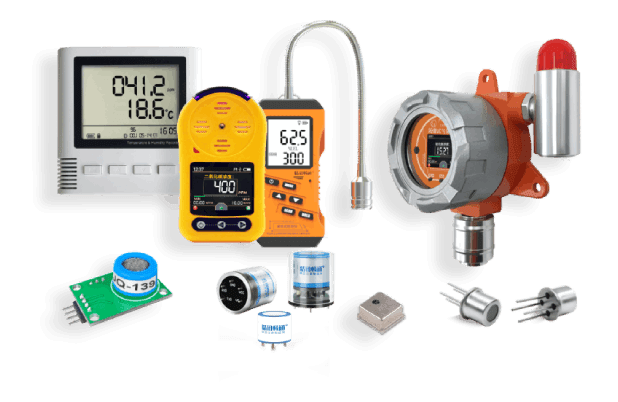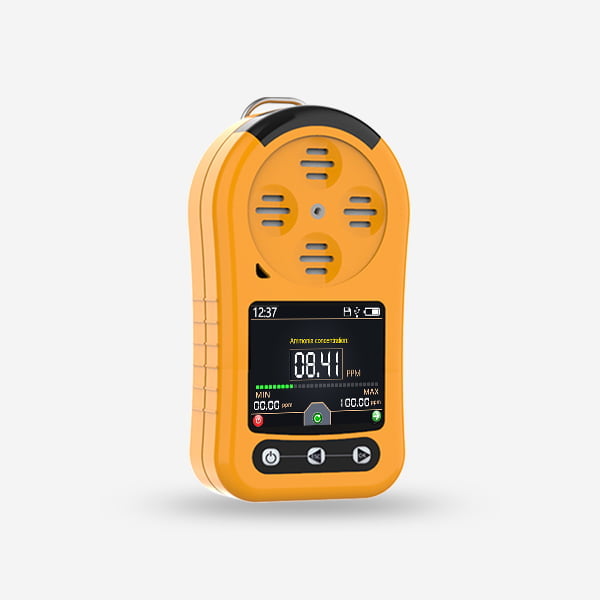Electrochemical gas sensors have emerged as pivotal tools in various industries, offering precise and reliable gas detection capabilities. Their ability to accurately measure the concentration of specific gases makes them indispensable for ensuring safety, optimizing processes, and monitoring environmental conditions. This article delves into the diverse applications of electrochemical gas sensors across a spectrum of industries, highlighting their significance and impact.
Understanding Electrochemical Gas Sensors
Before exploring their applications, it’s essential to understand the fundamental principles of electrochemical gas sensors. These sensors operate by converting the concentration of a target gas into an electrical signal. This conversion occurs through an electrochemical reaction between the gas and an electrolyte within the sensor. The resulting electrical signal is proportional to the gas concentration, enabling accurate measurements.

Key Advantages of Electrochemical Gas Sensors
Electrochemical gas sensors offer several advantages that contribute to their widespread adoption:
High Sensitivity and Selectivity: They can detect trace levels of specific gases, ensuring accurate and reliable measurements.
Rapid Response Time: They provide quick and real-time gas concentration readings, crucial for safety and process control.
Low Power Consumption: Their energy efficiency makes them suitable for portable and remote monitoring applications.
Wide Operating Temperature Range: They can function effectively in diverse environmental conditions.
Long Lifespan and Stability: With proper maintenance, they offer prolonged and stable performance.
Applications Across Industries
Industrial Safety
Electrochemical gas sensors play a critical role in ensuring worker safety in industries such as oil and gas, chemical manufacturing, and mining.
They monitor hazardous gases like carbon monoxide (CO), hydrogen sulfide (H₂S), and flammable gases, providing early warnings of potential leaks or dangerous concentrations.
Portable gas detectors equipped with electrochemical sensors are essential for personal safety in confined spaces and hazardous environments.
Environmental Monitoring
Electrochemical gas sensors are vital for monitoring air quality and environmental pollution.
They measure pollutants like nitrogen dioxide (NO₂), sulfur dioxide (SO₂), and ozone (O₃), contributing to environmental protection efforts.
These sensors are deployed in urban areas, industrial sites, and remote locations to assess air quality and identify pollution sources.
Automotive Industry
Electrochemical gas sensors are integral to automotive emission control systems.
They monitor exhaust gases, ensuring compliance with emission regulations and optimizing engine performance.
These sensors also play a role in detecting refrigerant leaks in vehicle air conditioning systems.
Healthcare
Electrochemical gas sensors are used in medical devices for respiratory monitoring and anesthesia delivery.
They measure oxygen (O₂) and carbon dioxide (CO₂) levels in patient breathing, ensuring accurate and safe ventilation.
These sensors also monitor anesthetic gases during surgical procedures.

Food and Beverage Industry
Electrochemical gas sensors are employed to monitor food quality and safety.
They detect gases like ammonia (NH₃) and carbon dioxide (CO₂), indicating spoilage or improper storage.
These sensors are used in packaging and storage facilities to ensure product freshness and safety.
HVAC (Heating, Ventilation, and Air Conditioning)
Electrochemical gas sensors are used for monitoring air quality within buildings.
They can be used to detect leaks of refrigerants.
They can also be used to monitor the levels of CO2 within buildings, to provide feedback for the ventilation systems.
Agriculture
Electrochemical sensors can be used to monitor the gases given off by stored grains, to detect spoilage.
They can also be used to monitor the gases within green houses, to allow for optimal growing conditions.
Mining industry
Electrochemical sensors are very important within the mining industry, due to the high risk of dangerous gas leaks.
They are used to monitor for gases such as methane, hydrogen sulphide, and carbon monoxide.
Conclusion
Electrochemical gas sensors have become indispensable tools across a wide range of industries, contributing to safety, environmental protection, and process optimization. Their high sensitivity, selectivity, and rapid response make them essential for accurate gas detection. As technology advances, these sensors will continue to play a crucial role in ensuring a safer, healthier, and more sustainable future.





